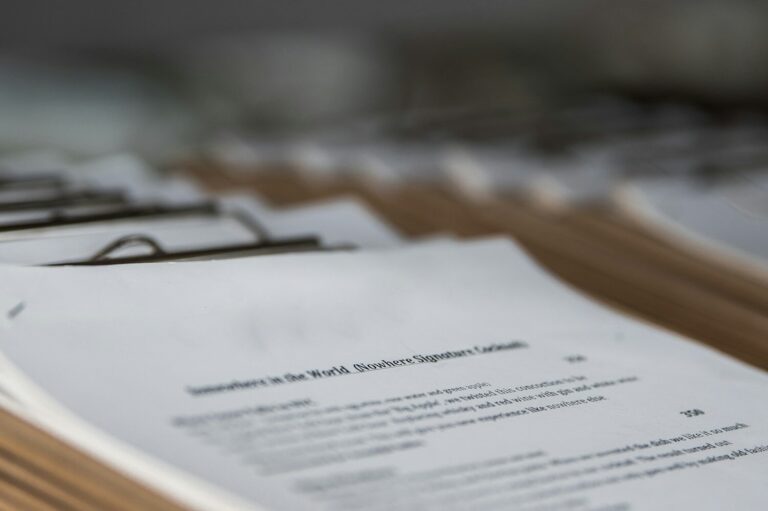Running a business often means adapting to change. Whether it’s downsizing, relocating or closing a branch, there are times when a company may need to leave its premises before the lease officially ends. But commercial leases are legally binding contracts, and ending them early is not always straightforward. Understanding your options is the first step to making a clean, legally compliant exit.
Check for a break clause
The most straightforward way to end a commercial lease early is through a break clause. This is a provision written into the lease that allows either the tenant, the landlord or both to end the agreement before the full term has expired.
Break clauses typically come in two forms. A fixed-date clause allows the lease to be terminated on a specific date or dates during the term. A rolling clause, on the other hand, gives the right to end the lease at any time after a certain point, provided the correct notice is given.
To exercise a break clause successfully, tenants must comply with strict conditions. These often include giving written notice in the prescribed form, ensuring rent is fully up to date and returning the premises with vacant possession. Even minor breaches of the lease can invalidate the break, so precision and careful planning are vital.
Options when there’s no break clause
If your lease does not contain a break clause, there are still several ways to leave early, though each requires the landlord’s agreement.
One option is lease surrender. This is where both tenant and landlord agree to end the lease before its natural expiry. Surrender usually needs to be documented formally, often through a deed, and may involve paying the landlord a sum of money – known as a surrender premium – to compensate for the early termination.
Another option is assignment of the lease. Here, the tenant transfers their lease obligations to a new party. The incoming tenant takes on the lease, but landlord approval is normally required. In some cases, the original tenant may still have to act as guarantor if the new tenant defaults.
Finally, there is subletting. This allows the tenant to rent out the premises, or part of it, to another party while still remaining responsible under the original lease. Subletting clauses are usually tightly controlled, requiring landlord consent and compliance with specific conditions.
Legal safety nets and statutory protections
In some circumstances, tenants may have additional protections under the law. The Landlord and Tenant Act 1954, for example, gives many business tenants security of tenure. This means they have the right to remain in occupation when their lease ends, unless the landlord can rely on certain statutory grounds for refusal. While this legislation is more commonly discussed at lease expiry, it is worth noting as part of the wider legal framework.
There are also rare cases where surrender can be implied by conduct. For instance, if a tenant hands back the keys and the landlord clearly accepts them and relets the property, this may amount to a surrender by operation of law. However, such situations are legally complex and should not be relied on without advice.
Practical steps and legal considerations
If you are considering ending a commercial lease early, the first step is to review your lease carefully. Look for break clauses, assignment or subletting provisions and any restrictions on surrender.
Always seek specialist legal advice before taking action. The rules around notice, timing and landlord consent are strict, and mistakes can be costly. Keep detailed records of all correspondence with your landlord and make sure any agreements are documented properly.
It is also important to budget for the financial implications. Landlords may expect a surrender premium, payment of their legal fees or compensation for marketing costs to find a new tenant. If you are assigning the lease, you may still be liable if the new tenant fails to meet their obligations.
Choosing the best route for you
Ending a commercial lease early is possible, but it requires careful handling. The cleanest option is to use a break clause if one is available and exercised correctly. Without one, you may still be able to negotiate a surrender, assign the lease or sublet – though all of these depend on landlord agreement and strict compliance with your lease terms.
Getting legal advice at an early stage can help you avoid disputes, manage costs and find the most effective route out of your lease. At Osbourne Pinner’s commercial property solicitors can review your lease, explain your options and guide you through the process. Visit our offices in Harrow, Canary Wharf, Piccadilly Circus or Manchester for a free 30-minute consultation to discuss your circumstances. We can also contact you by video call if that’s easier. Arrange your consultation using the form below, call 0203 983 5080 or email [email protected].




